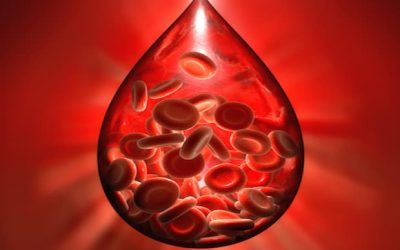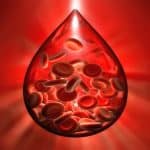GlaxoSmithKline has submitted its experimental shingles vaccines to European regulators, seeking approval to market its use to prevent herpes zoster (shingles) in people aged 50 years or over.
The submission is based on a Phase III clinical trial programme evaluating its efficacy, safety and immunogenicity in more than 37,000 people, which GSK says shows that the jab not only reduced incidence of shingles but also the overall incidence of postherpetic neuralgia (PHN), a form of chronic pain linked with the disease, even in those who went on to develop the condition.
Around 224,000 people in the UK get shingles every year, 60,000 of which are affected by PHN, which causes a burning pain that persists even after the rash and blisters of shingles has disappeared.
“The probability of developing shingles increases with age and it is estimated that up to one in every three people will develop shingles during their life. GSK’s shingles candidate vaccine has consistently shown high efficacy in older people,” noted Dr Emmanuel Hanon, head of vaccines R&D at the firm.
Regulatory approval is being sought for the vaccine to be given intramuscularly in two doses, with a two-to-six month interval between doses.
The drug’s filing in Europe closely follows regulatory submissions to the US Food and Drug Administration in October of this year and to Canadian authorities earlier this month, with a Japan submission planned for 2017.
Shingrix is a non-live, recombinant vaccine; GSK is also currently testing its efficacy in subjects who have previously been vaccinated against shingles with the currently available live-attenuated vaccine.
Also, additional trials are underway in solid and haematological cancer patients, haematopoietic stem cell and renal transplant recipients and HIV-infected people, which the firm notes will provide additional information on the candidate vaccine’s safety and ability to stimulate immune responses in populations at high risk of shingles because of the weakening of their immune system.









